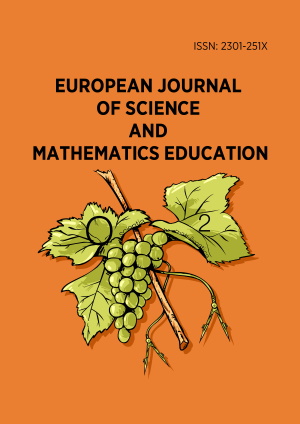Research Article
A physics laboratory course designed using problem-based learning for prospective physics teachers
More Detail
1 Department of Education, Gaziosmanpaşa University, Tokat, Turkey2 Department of Education, Middle East Technical University, Ankara, Turkey* Corresponding Author
European Journal of Science and Mathematics Education, 1(1), April 2013, 29-33, https://doi.org/10.30935/scimath/9384
OPEN ACCESS 2678 Views 1604 Downloads
ABSTRACT
In general, laboratories are exercises with a primary focus on the verification of established laws and principles, or on the discovery of objectively knowable facts. In laboratories, students gather data without comprehending the meaning of their actions. The cognitive demand of laboratory tasks is reduced to a minimal level. To prevent these deficiencies, activities in a physics laboratory course were redesigned using problem-based learning. Problem-based learning is an inquiry based instructional design in which experiential learning organized around the investigation, explanation, and resolution of meaningful problems. In activities, instructional strategy is student-centered and learning has to occur in small student groups under the guidance of a tutor. Authentic real world problems are primarily encountered in the learning sequence. To solve the problems, students propose hypothesis, and test their hypothesis with suitable experiment designs. Laboratory design and instruction strategies are very suitable for performing science process skills.
CITATION (APA)
Ünal, C., & Özdemir, Ö. F. (2013). A physics laboratory course designed using problem-based learning for prospective physics teachers. European Journal of Science and Mathematics Education, 1(1), 29-33. https://doi.org/10.30935/scimath/9384


 The articles published in this journal are licensed under the CC-BY Creative Commons Attribution International License.
The articles published in this journal are licensed under the CC-BY Creative Commons Attribution International License.